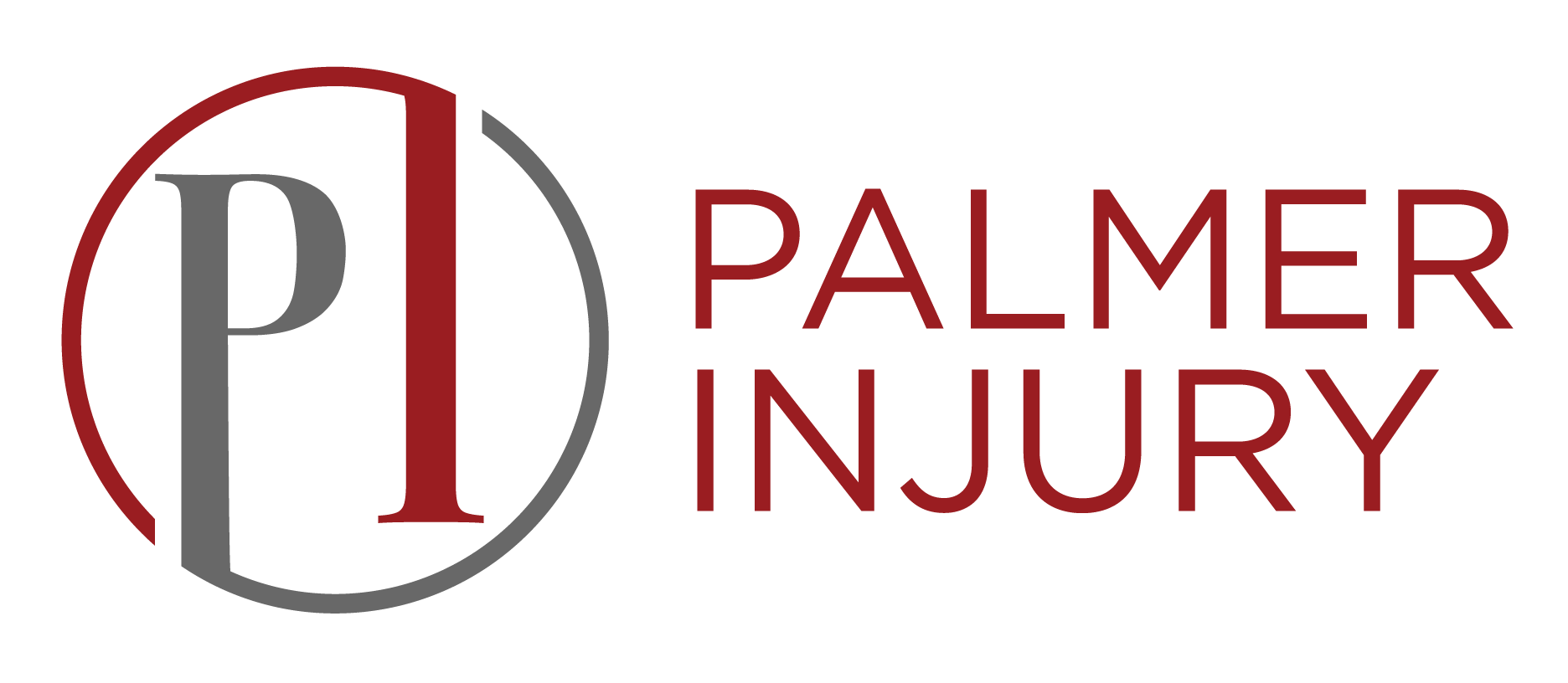When you’ve been injured in a personal injury accident and you’re looking for answers, it can be tempting to reach out to the other party’s insurance company for more information. Talking to the other party’s insurance company during a personal injury case can be tricky. Read through the information below for some helpful tips from our team of personal injury attorneys.
What do you say when they contact you?
If the other party’s insurance company contacts you, it is important to be polite but firm. You should not give them any information about the accident or your injuries. Instead, refer them to your lawyer. If they insist on speaking to you, tell them that you will call your lawyer and have the lawyer call them.
When should you speak with the other insurance company?
If you have been involved in a car accident, it is important to speak with the other driver’s insurance company as soon as possible. By doing so, you can ensure that your claim is processed quickly and efficiently. In addition, speaking with the other insurance company can help to clarify any questions or concerns that you may have about your case.
How to think about a settlement
If you’ve been injured in an accident that was someone else’s fault, you may be wondering what to do next. One of the first steps is to contact the other party’s insurance company and let them know what happened. This can be a daunting task, but it’s important to remember that you have rights and there are certain things you should do to protect yourself.
Here are some tips for talking to the other party’s insurance company:
1. Be polite but firm. You’ll want to be professional and calm when you speak with the insurance adjuster. Remember, they’re not on your side – they’re trying to minimize the amount of money they have to pay out on the claim.
2. Don’t give a recorded statement. The insurance adjuster will likely try to get you to give a recorded statement about the accident and your injuries. You don’t have to do this – in fact, it’s usually not in your best interest. The adjuster will take everything you say out of context and use it against you later on.
3. Don’t sign anything without reading it first. The insurance company will probably send you forms to sign, including a release of information form and possibly a medical authorization form. Don’t sign anything without reading it first and understanding what you’re agreeing to. If you have any questions, ask an attorney before signing anything.
4. Keep detailed records of all communications with the insurance company (and anyone else
If you’ve been injured in an accident, it’s important to understand your rights and obligations when it comes to dealing with the other party’s insurance company. By knowing what to say and what not to say, you can help protect your interests and give yourself the best possible chance of receiving a fair settlement.




